Russian Lt. Gen.: US Wants to Nuke Russia, China And Use Missile Shield to Prevent RetaliationChris MenahanInformationLiberation May. 08, 2017 |
Popular 
Mike Johnson Pushes Debunked Lie That Israeli Babies Were 'Cooked in Ovens' On October 7

'Sniper Seen on Roof Overlooking Pro-Palestine Protest' at Indiana University

'It Has to Be Stopped': Netanyahu Demands Pro-Palestine Protests at U.S. Colleges Be Shut Down

'These Protesters Belong in Jail': Gov. Abbott Cheers Arrest of Pro-Palestine Protesters at UT Austin

Claim Jewish Student Was 'Stabbed In The Eye' by Pro-Palestine Protester Draws Mockery After Video Released
 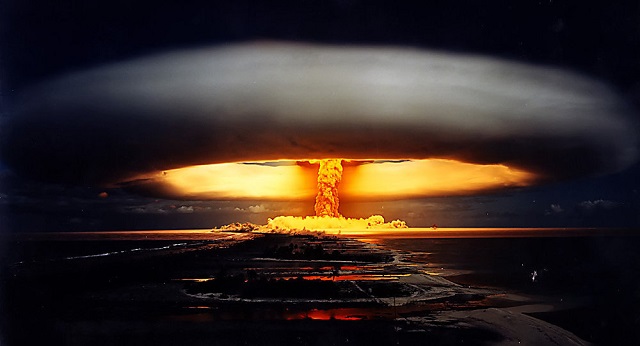 According to Russian Lieutenant General Viktor Poznikhir, the US is surrounding Russia and China with missile defense systems in order to launch a "sudden nuclear strike" and prevent any retaliation. According to Russian Lieutenant General Viktor Poznikhir, the US is surrounding Russia and China with missile defense systems in order to launch a "sudden nuclear strike" and prevent any retaliation. The US has said recently it's installing anti-ballistic missile systems in Poland and Romania to prevent Iran from attacking Europe and in South Korea to prevent North Korea from attacking South Korea and Japan. Poznikhir is suggesting the real reason for these systems is to allow the US to launch a nuclear strike on Russia or China and prevent either nation from retaliating, as their own nuclear missiles would be shot down by the US government's ABM systems -- at least in a best case scenario. 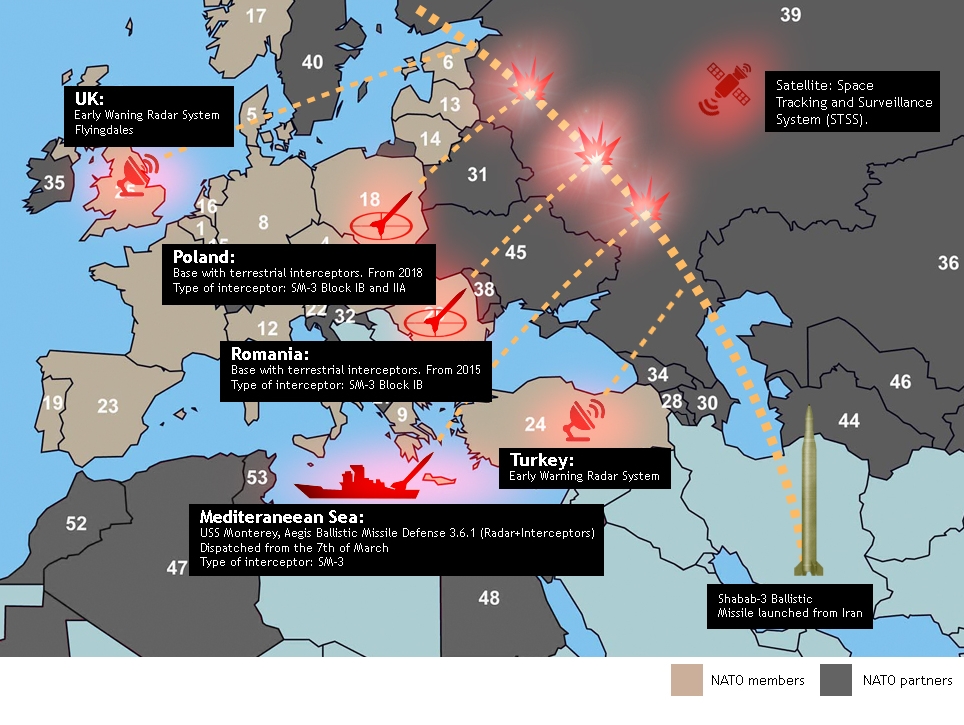 From RT: The United States is pursuing global strategic domination through developing anti-ballistic missile systems capable of a sudden disarming strike against Russia and China, according to the deputy head of operations of the Russian General Staff. 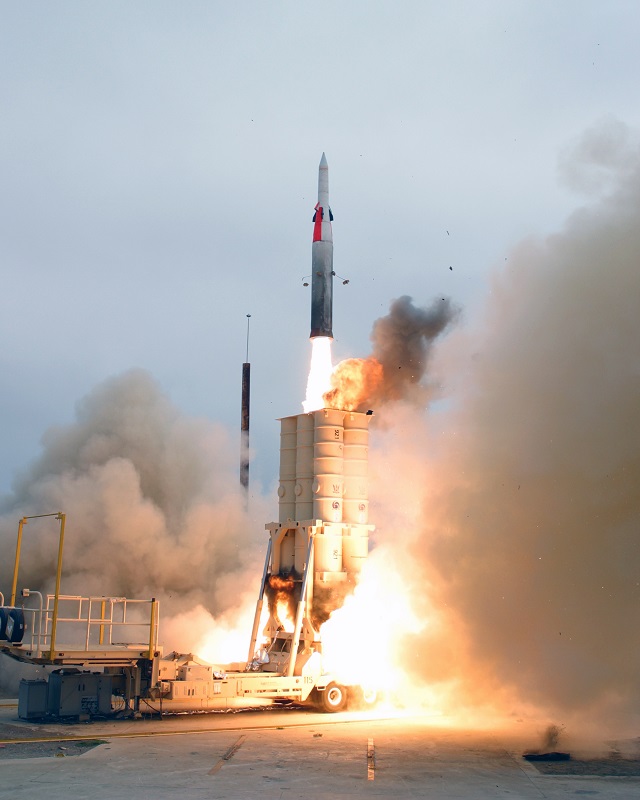 American missile attack warning systems, he said, cover all possible trajectories of Russian ballistic missiles flying toward the United States, and are only expected to get more advanced as new low-orbit satellites complement the existing radar systems. 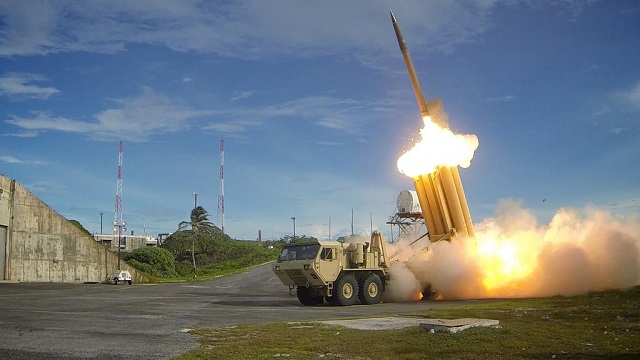 “In February 2008, the Pentagon demonstrated the possibility of engaging spacecraft with its ABM capabilities,” Poznikhir said. “An American satellite at an altitude of about 250 km was destroyed by a Standard-3 missile, an earlier modification, launched from a US Navy destroyer.”Seems like a very reasonable theory. Of course, it's completely psychotic to want to launch a preemptive nuclear strike on Russia or China and hope you can shoot down every last one of their thousands of nuclear missiles just to maintain US dominance over the world, but the neocons controlling our foreign policy are insane. 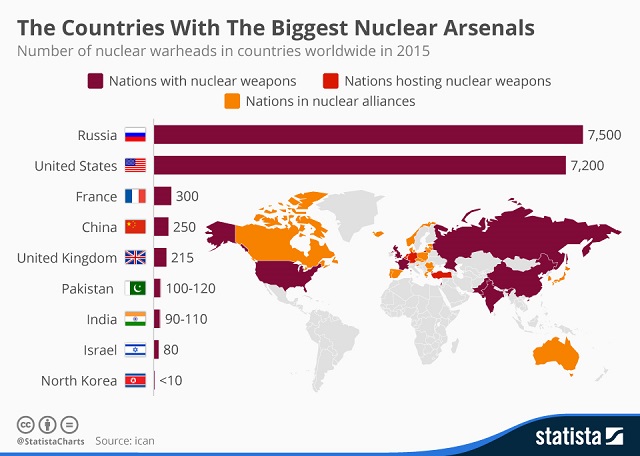 Follow InformationLiberation on Twitter and Facebook. |



